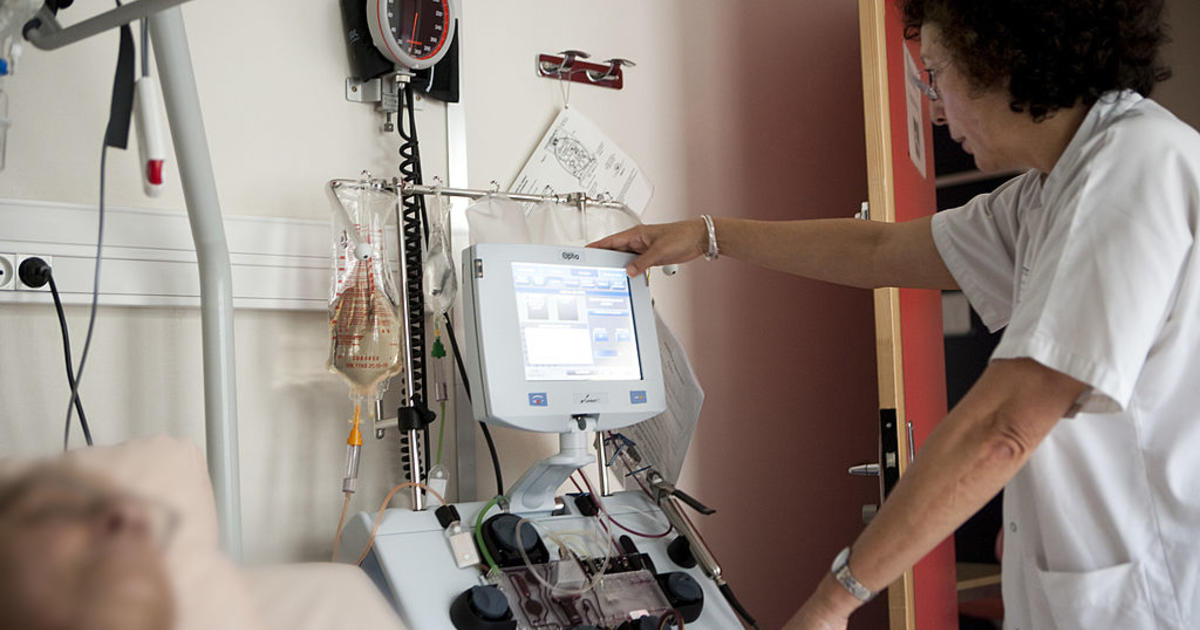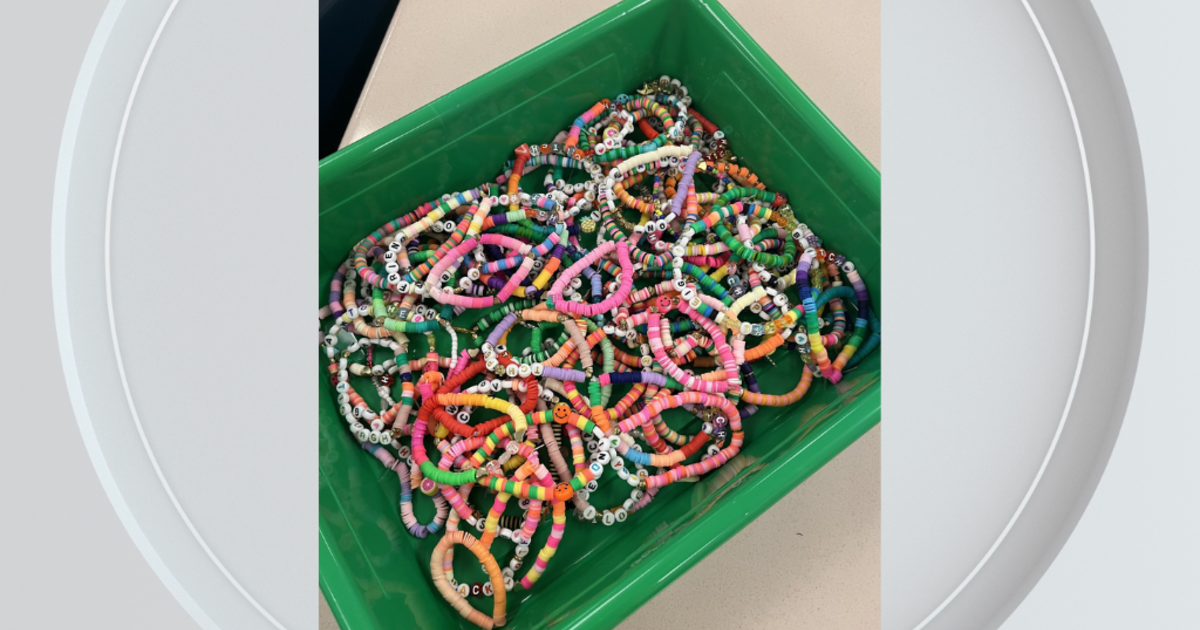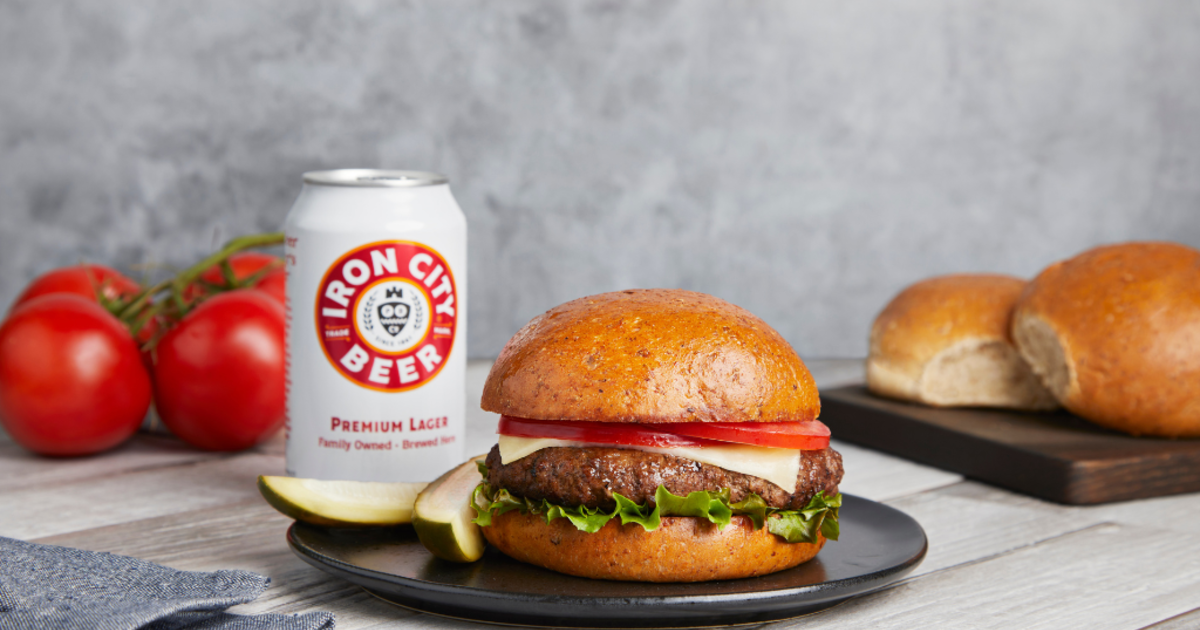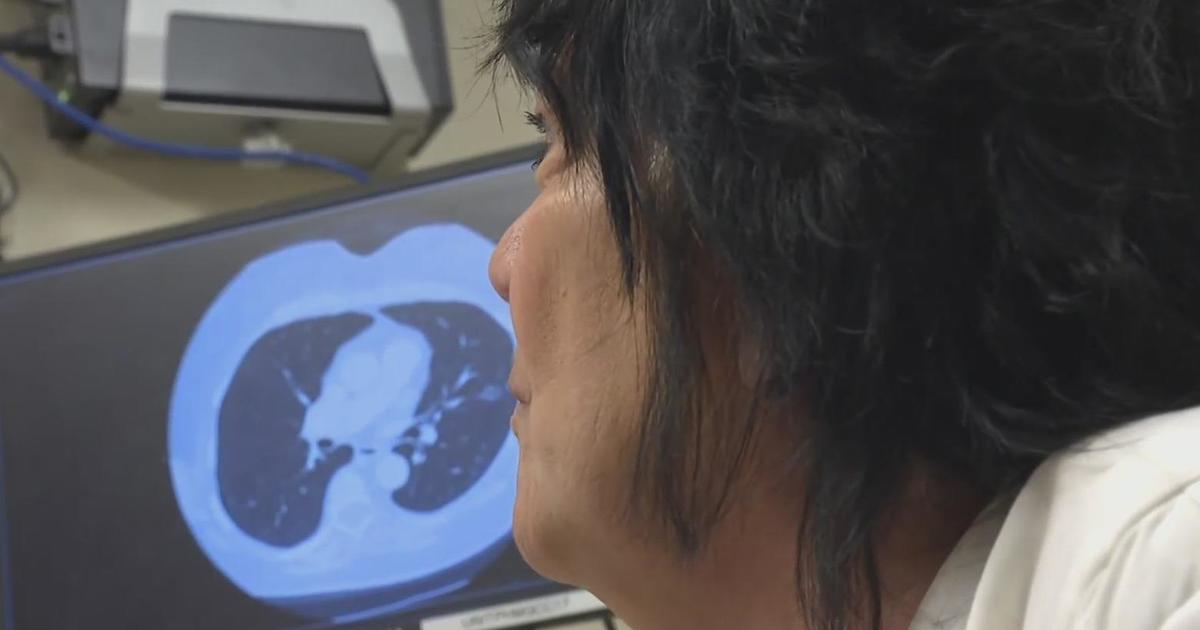More People To Get Monoclonal Antibodies For COVID-19
PITTSBURGH (KDKA) -- Because of expanded FDA guidelines, more people with early COVID-19 can be treated with a single IV dose of monoclonal antibodies.
This reduces the chance of hospitalization and death.
"They're just like your body's own antibodies, but the treatment gets them to you faster than your body can make them," said Tami Minnier, UPMC's chief quality officer. "They help your body quickly destroy the virus before it can harm you."
The expanded criteria include people in high-risk groups. People who are overweight, smokers or pregnant can get the treatment, as well as people with lung conditions, diabetes, high blood pressure or suppressed immune systems.
But you must have a positive COVID test and be within 10 days of the start of symptoms.
"What we really know is earlier is better," says Dr. Meredith Chuk, allocation, distribution and administration lead for the HHS Office of the Assistant Secretary for Preparedness and Response.
It's available at infusions centers, emergency departments, long-term care facilities, behavioral health centers and even in your own home. A potential risk is an infusion reaction, with itching, hives and a drop in blood pressure, which is why it's usually given in a health care setting.
"We've given nearly 2,800 doses of monoclonal antibody therapy," said Dr. Donald Yealy, chief medical officer, UPMC and chief of emergency medicine. "I haven't seen anybody with a reaction that required further medical care."
UPMC has been reaching out to let people know this therapy is available. People can request the treatment as soon as they know they have COVID.
"All are receiving this treatment at equal rates," said UPMC Hillman Cancer Center surgical oncologist Dr. Steven Evans.
UPMC is studying the outcomes of people who get monoclonal antibodies and comparing the two available products under emergency use authorization.
The health system is also looking at how people with cancer, transplants, AIDS, autoimmune diseases and the frail elderly respond to vaccination and whether monoclonal antibodies could be used as a preventive measure in vulnerable groups who may not respond well to vaccination.
"For now, continue to wear a mask, avoid crowds, if you're immunocompromised," Dr. Evans said.
Dr. Evans urges testing if you think you have COVID, and if you test positive, monoclonal antibodies right away.



